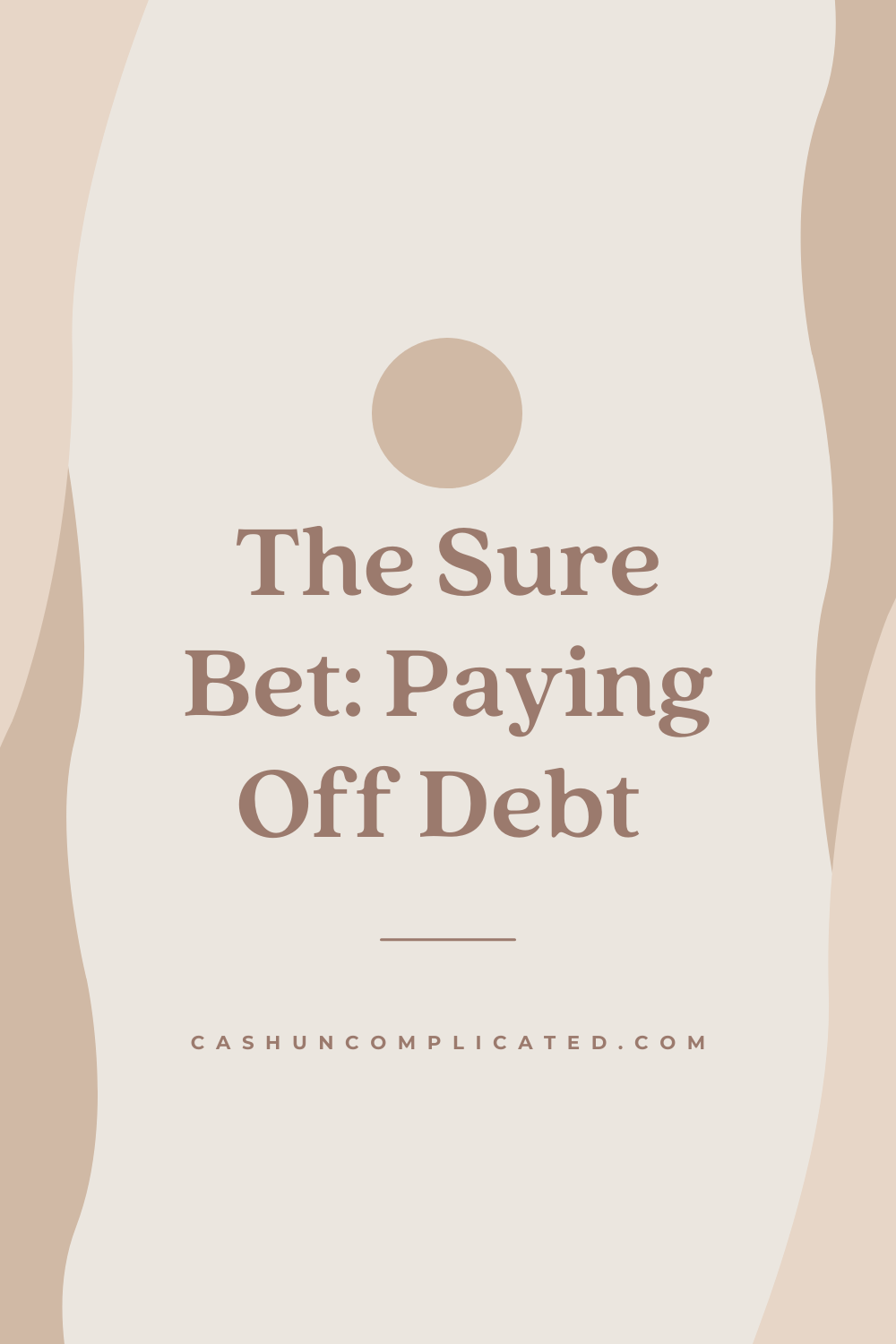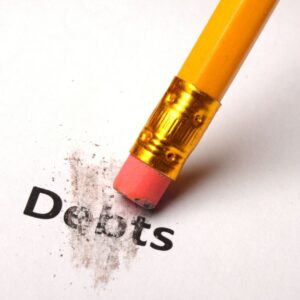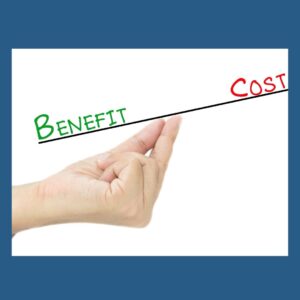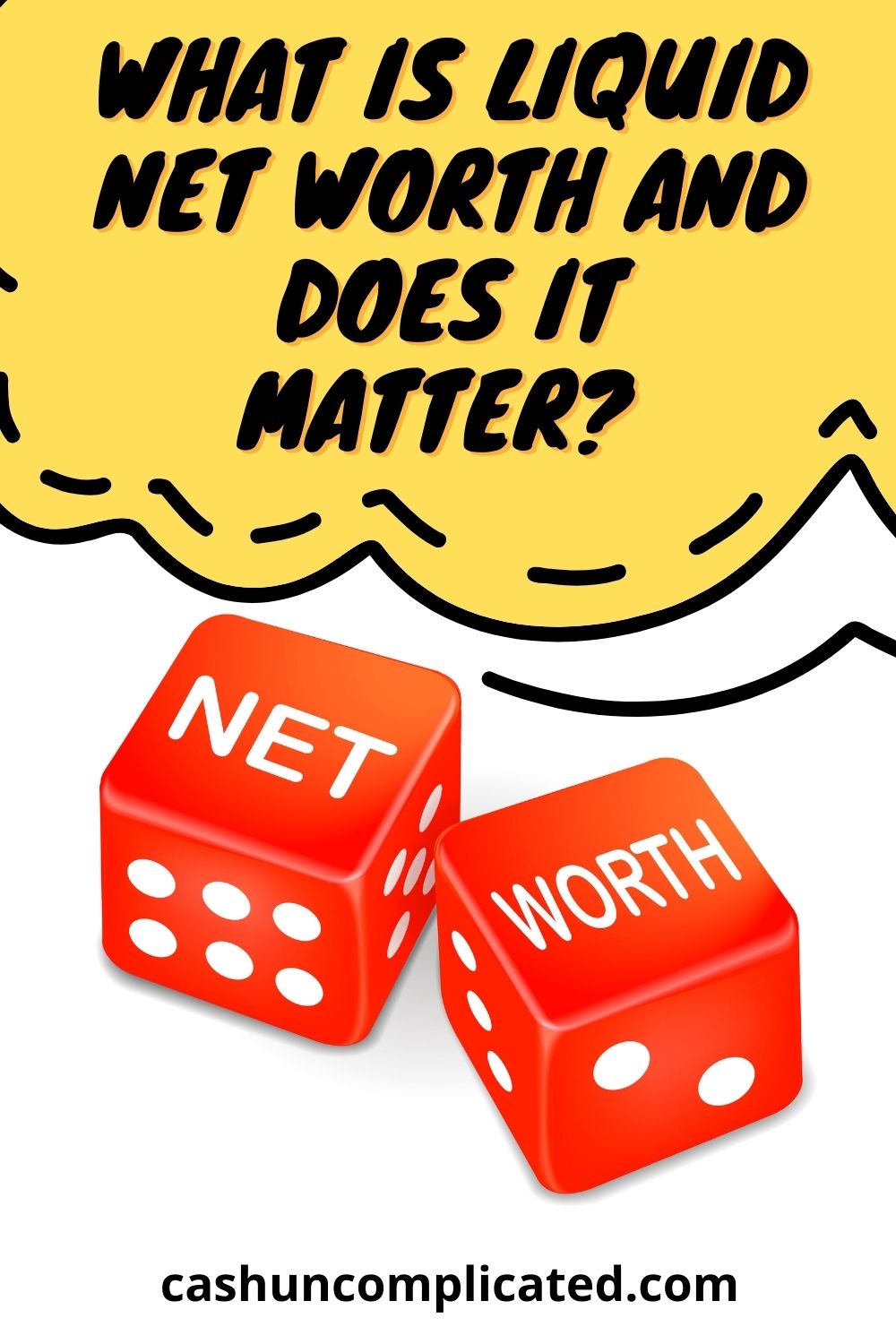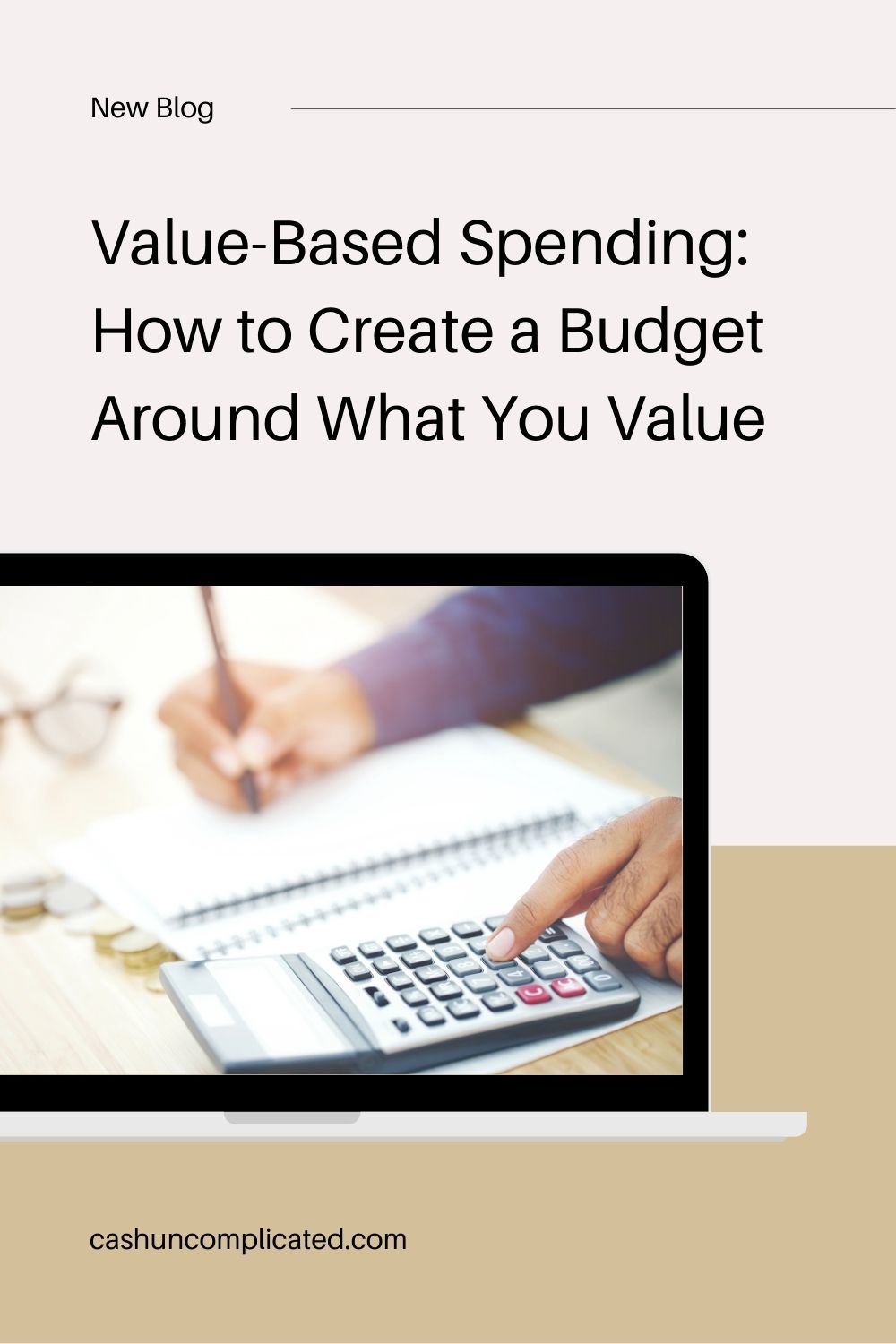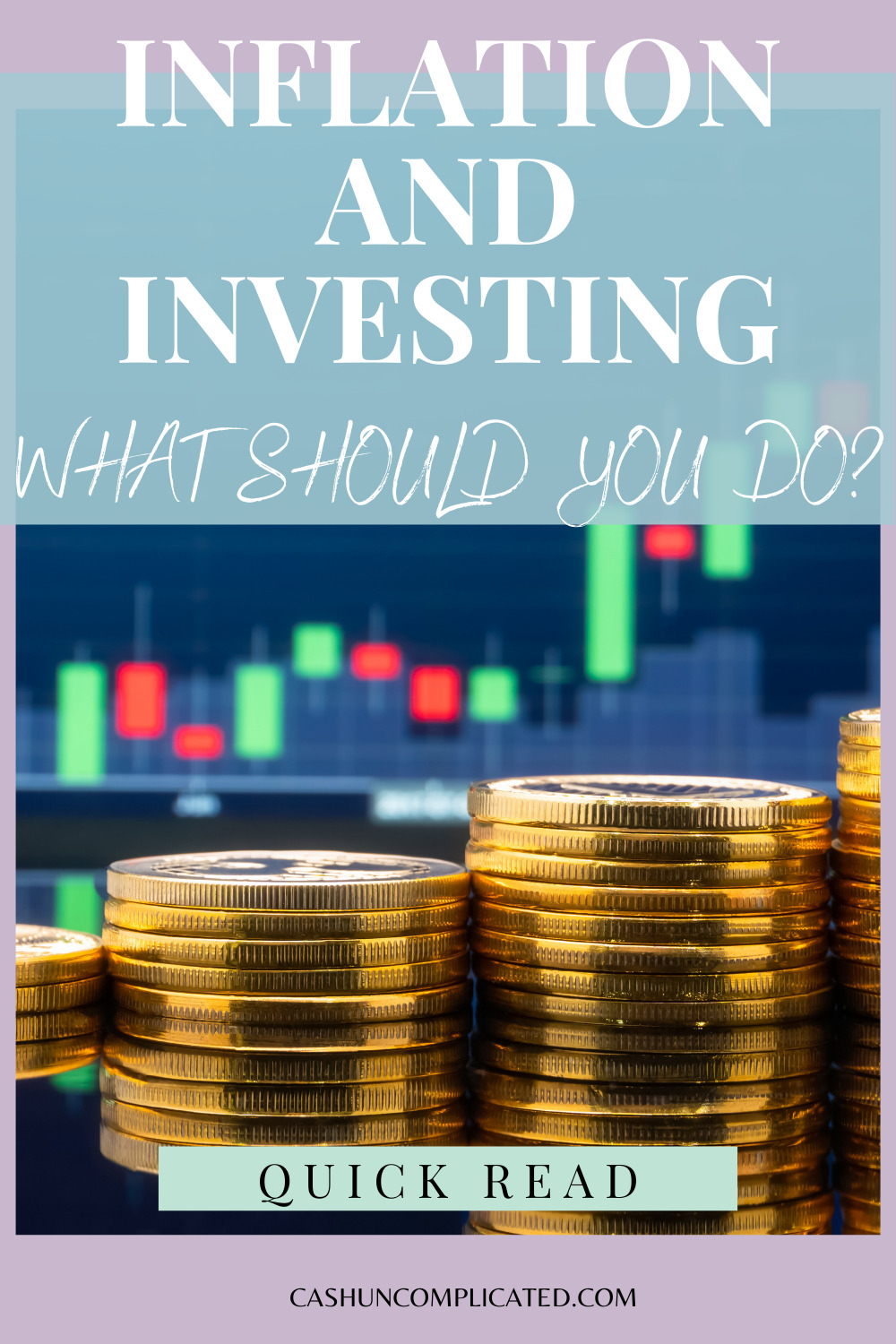In my last post, I wrote about using a monthly surplus to pay off the house early or invest more. Both great options, one more optimized than the other. Either way, a really good place to be in. In today’s post, I’m going to write about the surest bet anyone can make—paying off debt.
We all know investing is risky. We also know not investing is even more risky and a sure way to lose due to inflation. It would be easy to put all of our money in a savings account but we’d be losing year after year, so that’s not an option for most people. For the average person to obtain any semblance of financial freedom, we have to invest.
For the risk adverse, investing is easier said than done. The thought of putting money into an investment and watching it lose value is too much to take for some people. Even though the historical data suggests investments will produce a substantial gain over time, short term losses can be a tough pill to swallow.
A Sure Bet
For the risk adverse, there is a sure bet. That sure bet is to pay off all debt, including your house. Now, I’m a huge proponent of paying off all consumer debt as quickly as possible. With credit card and store credit interest rates hovering between 15 and 20 percent, it’s a no brainer to pay those off quickly. Consistently making high interest payments to a credit card company is a guaranteed way to inhibit wealth building, so I have always advocated to pay those off quickly. I think most financial experts and advisors would agree with that principle as well.
Here’s where it gets more interesting. Once all the consumer and student loan debts are paid off, the only debt remaining is the house payment, assuming home ownership. For most people, their home is their biggest purchase and largest debt. Especially with the way home prices have skyrocketed recently.
The majority of people hold their mortgage debt for long periods of time, live their lives, and invest while holding that debt. House payments are a way of life for most, including myself. Here’s where the sure bet comes into play for people who are more risk adverse than others. A backdoor way of investing is by eliminating all debt, including the house payment.
Example: Paying off Debt
As an example, let’s use a house just purchased for $500,000 with 20 percent down. 20 percent of $500,000 is $100,000 so that means this person put $100,000 down and is carrying $400,000 of debt. Today’s interest rates are historically low around three percent so we can go ahead and use that rate for this post. A $400,000 loan at three percent interest rate over 30 years equals approximately $1,686 per month principal and interest.
Over the course of 30 years that equals $607,110 with $207,110 in interest payments alone. The quicker the house is paid off, the less interest will be paid. Continuing to use even numbers for the example, suppose the loan holder pays $1,000 per month extra towards the loan.
Using this strategy, the loan holder would have the entire loan paid off in less than 15 years and pay $101,538 in total interest payments. That’s a savings of over 15 years of payments and $105,572 saved. Even though that money is worth less in 15 years due to inflation, that’s still a lot of money saved. And after the loan is paid off, those payments are completely gone, which is a significant boost to monthly cash flow.
How much of a boost? The original principal and interest payments was $1,686 per month. Add in the $1,000 extra paid per month for a total of $2,686 per month. Total increased monthly cash flow of $2,686.
Life Changing Money
$2,686 in eliminated payments is a big number. Potentially life changing money. Imagine a family who used to require $5,500 monthly to invest 10 percent or more, pay their monthly bills, add a little into their savings, and save up for vacations. Now that $2,686 is eliminated from their monthly amount, they now only require $2,814. That’s almost half the amount they used to need.
That opens up a world of options. One person in the family might be able to retire or reduce their hours at work. Or both earners could reduce hours and work part time. They both could retire from their career work and do different kind of work part time to fill in the gaps. Consulting work might also be an option. There are a lot of options on the table for this family. Eliminating a large debt has the ability to open up new and exciting doors.
Why is Paying Off the House a Sure Bet?
Something not addressed yet in this post is why paying off the house is a sure bet. Here’s why: It’s possible to lose money investing. There can be a multi-year down period, and for those who pull their money out early or aren’t in it for the long term, that’s lost money. Not everyone has the discipline or willpower to keep their money invested during down periods.
Using historical data, a long term investor who does not pull out his or her money during down times is likely to profit handsomely over the years. However, there is always the unknown. Even though historical averages over the last 100 years heavily support the idea of consistently investing, there is still an element of risk involved.
Even though I personally invest and believe in the United States and world economy long term, weird things can happen. Did anyone expect a global pandemic?
Paying off debt is a sure bet though. Even for a debt as low as three percent, it’s a guaranteed three percent rate of return by paying it off. It’s not going to fluctuate or go up or down in value. It’s three percent and it’s your rate of return if you choose to pay it off.
The Sure Bet Isn’t Always the Best Bet
The sure bet comes at a price. Continuing to use the example of a three percent home loan, that’s a very low rate. Paying off a three percent loan provides the mortgage holder with a minimal return. And after inflation, it’s not much of a gain at all.
The guaranteed three percent rate of return comes at the price of a very low rate of return. It also comes with significant opportunity cost. The money spent paying off a debt early is money that can’t be invested outside of the debt pay down. If the stock market, real estate market, or another market of your choosing has a stellar year, you won’t be able to reap the gains because your money is tied up.
Investments can have down years but they can also have years with incredible gains. It’s not out of the realm of possibility for the market to achieve gains of 20 percent or more during any given year. Tied up money in debt elimination doesn’t have the opportunity to work for you in the good years.
In years where there’s a down market, the debt pay down will seem like a very smart choice. In years where the market has significant gains, it will seem like a terrible decision. For example, imagine a year where the stock market has gains of 24 percent. If someone has their money tied up paying down a three percent loan, they miss out on the 24 percent gains. Tough to miss on that year.
Matter of Preference
One of the beauties of personal finance is that you as the individual get to pick what works best for you and your situation. While it may not be optimal to pay off a house with a low interest rate early, it can still be done. The person doing this might miss out on some big gains in the market, but they are still winning the personal finance game with a disciplined and consistent approach.
Debt elimination is a victory and adds to monthly cash flow. It’s conservative, but it’s a strategy that does work. It’s important to realize that everyone has different values and priorities. One person may want to achieve big gains in investments, while another person wants to pay off all debt, including their house. Maybe it will help them sleep better at night, or maybe they are just more comfortable with the strategy.
Nothing wrong with either strategy, they both work. My only suggestions are to go through multiple scenarios and consult with smart professionals before coming to a decision. Then rest easy knowing you did your due diligence and are doing what’s best for you and your family.
Would you pay off a house early or use the money in other ways?

